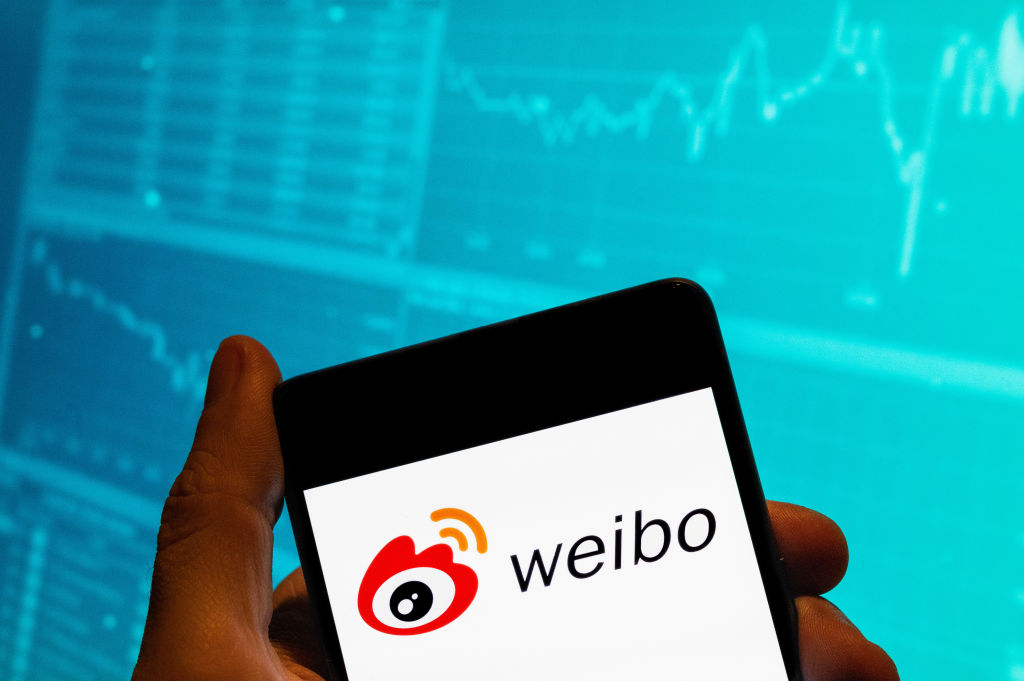
China banned a prominent finance writer and two of his peers from social media platform Weibo for commenting about the country’s stock market and unemployment rate.
Wu Xiaobo and two other writers who weren’t fully named “attacked and undermined” Chinese policy and spread “negative and harmful information,” according to a statement by Sina Corp.’s Weibo on Monday.
Wu has 4.7 million followers on the Twitter-like social media platform, making him one of China’s most influential writers about finance. He regularly writes for Caixin Global and has published bestselling books on Tencent Holdings Ltd. and China’s economic transformation. His recent posts have been deleted, making it unclear what triggered the ban.
The suspensions are likely to increase concern among foreign investors about access to independent information on Chinese companies and the economy at a time when the investing outlook is deteriorating.
Read More: China’s Solution to Inequality? Cracking Down on Displays of Wealth and Poverty
China’s financial markets are looking precarious. The CSI 300 Index of stocks listed domestically has slumped almost 4% in the past four trading sessions and is down for the year, extending a 22% plunge in 2022. The yuan tumbled as much as 0.9% against the dollar to a seven-month low on Monday as trading resumed following a holiday.
China has cracked down on the nation’s web of “expert networks” relied upon by hedge funds and others for their insight, while Chinese financial data providers including Wind Information Co. recently stopped providing detailed data on domestic companies to overseas clients.
The government has a history of taking extreme measures to shore up sentiment in the stock market. In 2015, when a bubble burst, authorities banned major stockholders from selling shares, curbed short selling and directed state funds to purchase equities.
In 2021, China waged a two-month campaign to crack down on commercial platforms and social media accounts that posted finance-related information deemed harmful to the economy.
Other outspoken commentators have been suspended from social media before. Well-known economist Ren Zeping was banned from Weibo in January last year after posting comments calling on the central bank to print money to pay for subsidies to encourage births.
In mid-2022, the public social media accounts of analyst Hong Hao were suspended for unspecified violations following bearish reports on the country. Shortly after, the China strategist left Bocom International Holdings, where he had worked for a decade.
Weak economic growth and China’s crackdown on private enterprise has led to surging youth unemployment. The jobless rate among those aged between 16 and 24 reached 20.8% in May. That’s weighing on consumer confidence already battered by years of Covid Zero policies.
Domestic travel spending during the recent holiday for the dragon-boat festival was lower than pre-pandemic levels, according to official data released this weekend. Home sales figures are below the level in previous years, while estimates for June car sales showed a drop from a year ago.
—With assistance from James Mayger.
More Must-Reads From TIME
- The 100 Most Influential People of 2024
- Coco Gauff Is Playing for Herself Now
- Scenes From Pro-Palestinian Encampments Across U.S. Universities
- 6 Compliments That Land Every Time
- If You're Dating Right Now , You're Brave: Column
- The AI That Could Heal a Divided Internet
- Fallout Is a Brilliant Model for the Future of Video Game Adaptations
- Want Weekly Recs on What to Watch, Read, and More? Sign Up for Worth Your Time
Contact us at letters@time.com